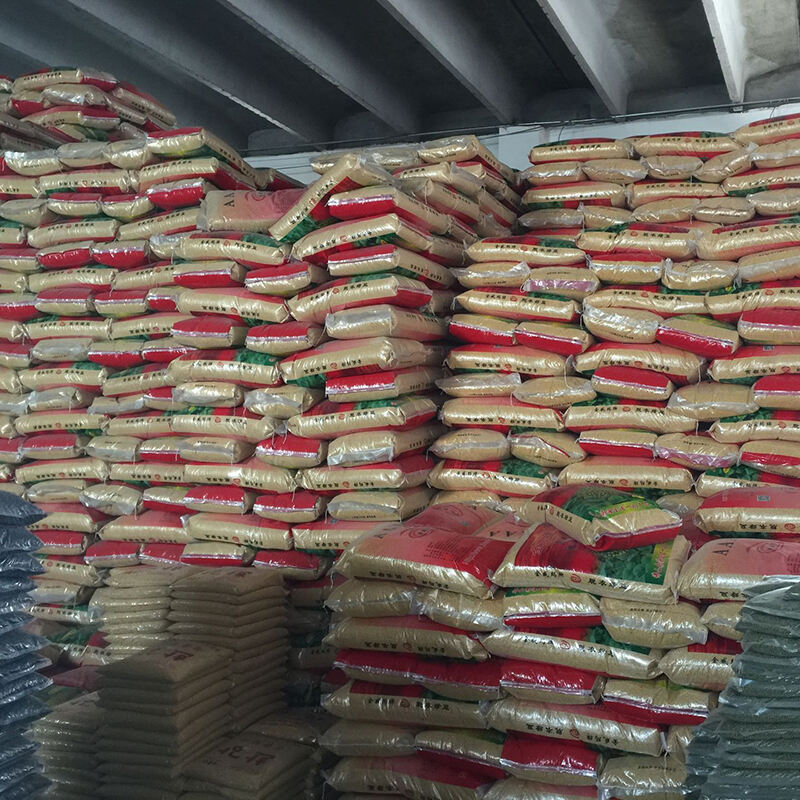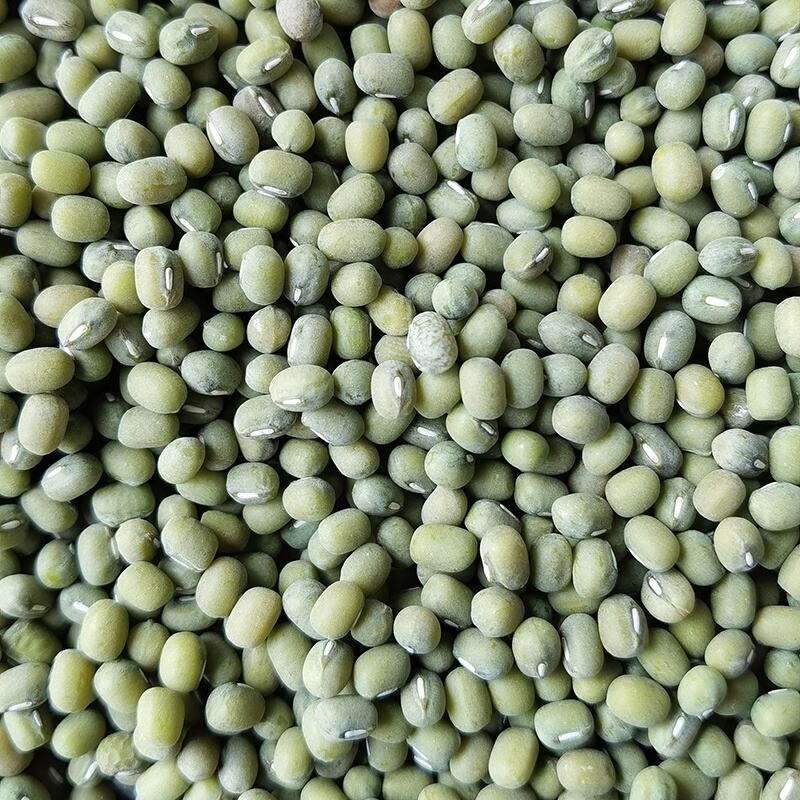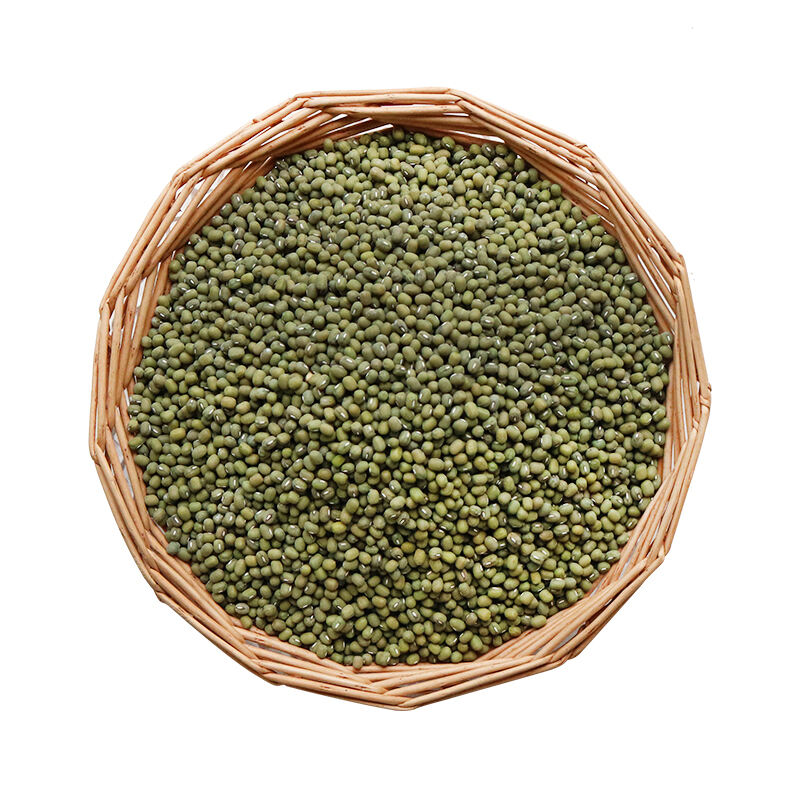mung bean lentil
Mung bean lentils, scientifically known as Vigna radiata, are small, green legumes that have been cultivated for thousands of years across Asia. These versatile pulses are renowned for their exceptional nutritional profile, featuring high levels of protein, dietary fiber, antioxidants, and essential minerals. They contain approximately 24% protein, making them an excellent source of plant-based protein for vegetarians and vegans. The lentils are easily digestible and can be prepared in various ways, including sprouting, which enhances their nutritional value by increasing vitamin content and bioavailability of nutrients. In technological terms, mung bean lentils have gained significance in modern food processing, being used in the development of plant-based protein alternatives, gluten-free flour applications, and sustainable food solutions. Their rapid cooking time, typically 20-30 minutes, and ability to maintain texture make them ideal for both industrial food production and home cooking. The applications of mung bean lentils extend beyond traditional dishes to include innovative food products such as protein isolates, noodles, and meat alternatives, showcasing their versatility in contemporary food technology.


